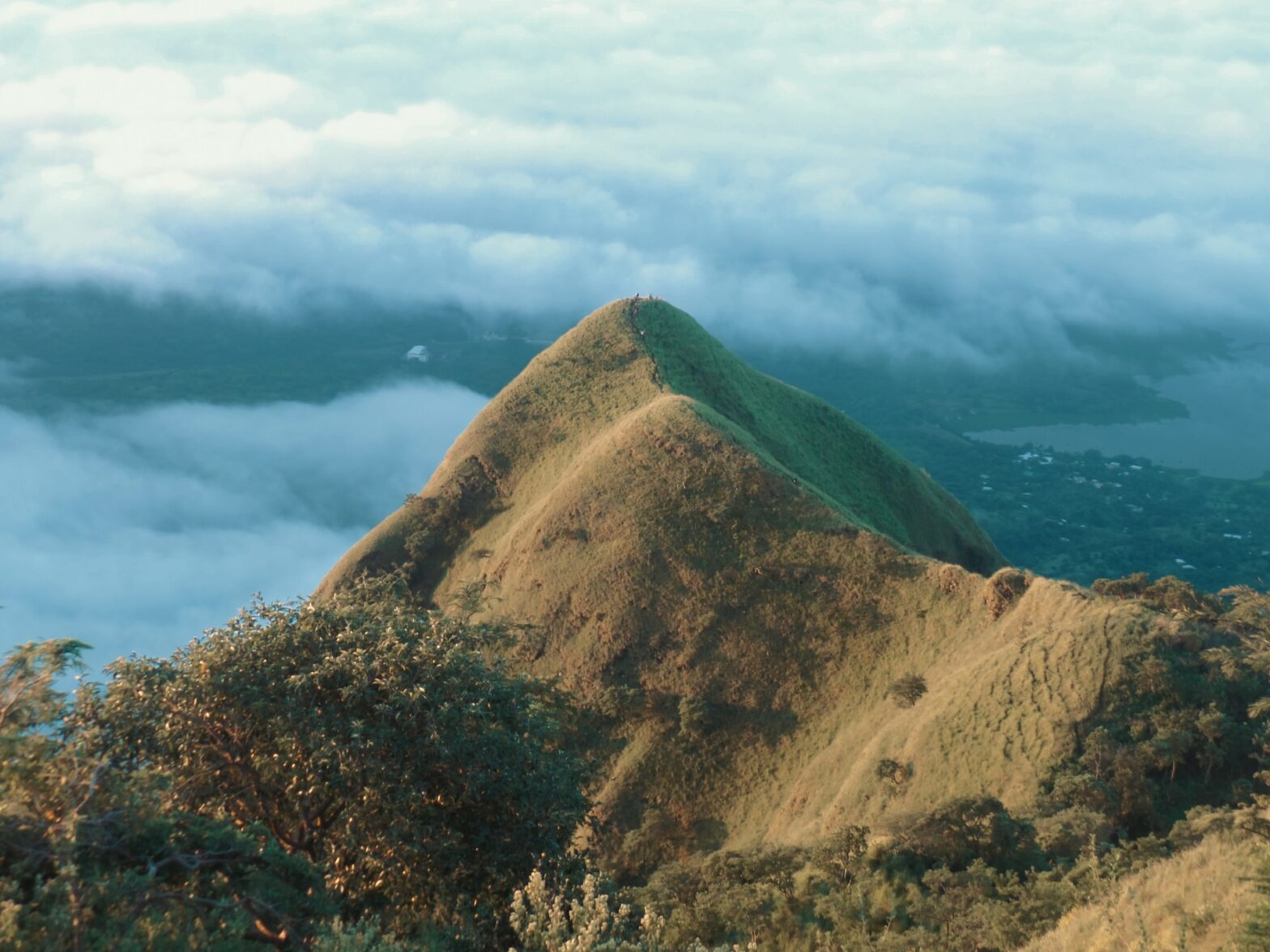El Salvador may be the smallest country in Central America, but it is the most densely populated and is full of exciting travel opportunities. Amidst socioeconomic challenges, El Salvador’s warm hospitality and resilient spirit shine through in its people, vibrant festivals like the August celebrations of El Salvador del Mundo and fusion of indigenous and Spanish influences that create a unique cultural identity. Exploring El Salvador will provide you with knowledge of its history, natural beauty and captivating blend of traditions. Learn more about the country below with these 10 fun facts about El Salvador.
An interesting fact about El Salvador is that it is made up of the least amount of African heritage in Central America. Rashmi Panchal for Burban Kids explained that this is due to colonial/modern rules that forbade African people from entering the country. El Salvador relied less on the forced labor of imported, enslaved Africans and more on indigenous labor and, to a lesser extent, European immigrants for its workforce. While this is certainly not a fun fact, it is an important fact to understand how the country is ethnically made up today. This should not stop Black travelers from visiting the country and exploring what all it has to offer.
Here are the 10 fun facts about El Salvador.
1. El Salvador Is the Perfect Vacation Spot for Surfers
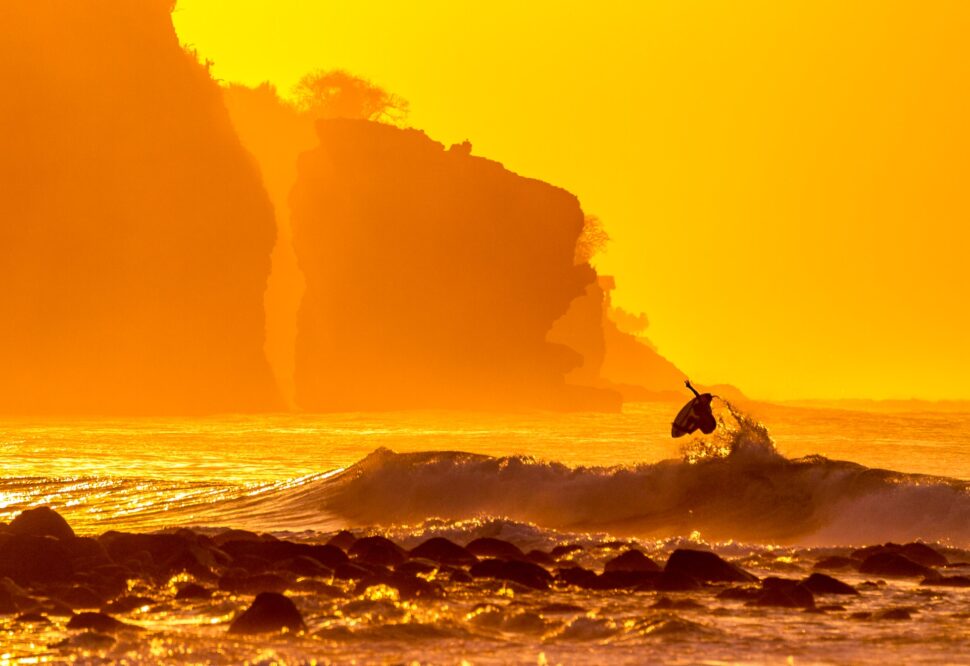
El Salvador boasts incredible surfing spots along its coastline, attracting surfers from around the globe. Enjoy Travel wrote that the country gets some of the biggest swells offered by the Pacific Ocean and the best point breaks in all of Central America. Destinations like La Libertad and El Tunco offer consistent waves suitable for all skill levels, making it a haven for surf enthusiasts seeking thrilling experiences.
2. El Salvador Has Some of the World’s Most Sought After Coffee
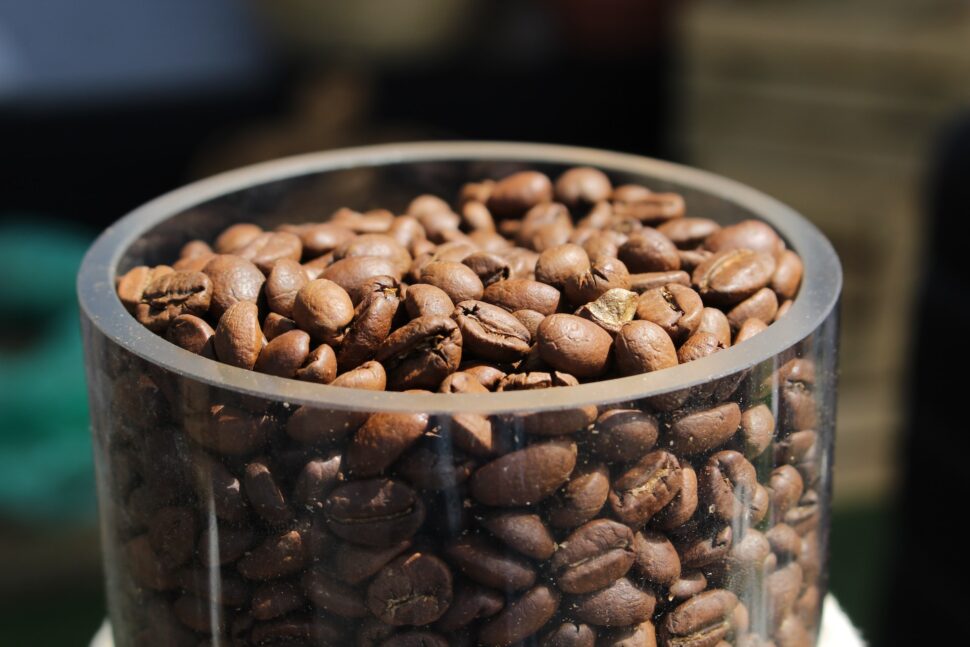
The next of these fun facts about El Salvador goes out to all the coffee enthusiasts, as the country is renowned for producing high-quality coffee beans. The country’s mountainous terrain, fertile soil and ideal climate create optimal conditions for cultivating Arabica coffee. Its coffee beans are highly sought after for their rich flavor profiles, often characterized by a balance of sweetness and acidity.
3. El Salvador Is Known as the Land of Volcanoes
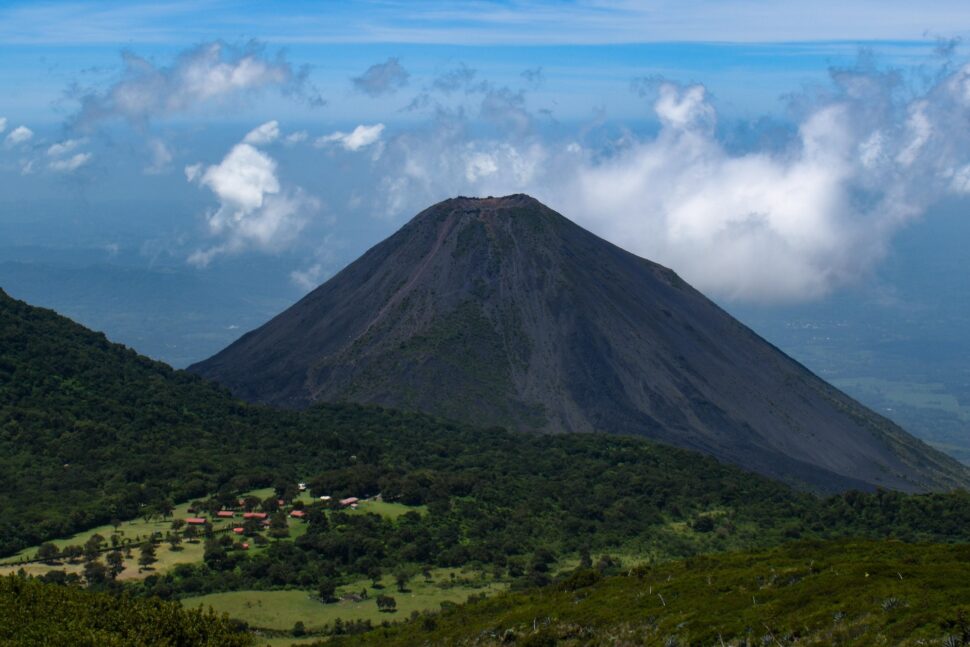
El Salvador is aptly nicknamed the “Land of Volcanoes” due to its impressive concentration of volcanoes. Roughly 20 volcanoes dot the country’s landscape and are considered to be still active. These majestic natural formations not only add to the country’s scenic beauty but also offer opportunities for hiking, adventure and exploration. The most famous is the Santa Ana Volcano, which provides breathtaking views from its summit.
4. El Salvador Uses the US Dollar as Its Currency
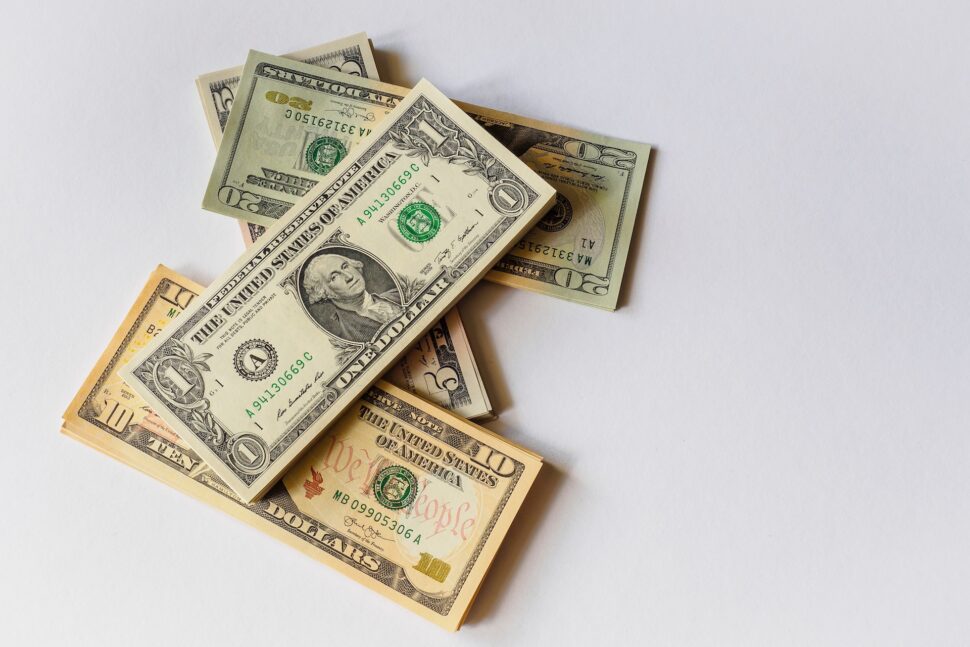
El Salvador adopted the US dollar as its official currency in 2001 after facing economic instability. This decision helped stabilize the economy by reducing inflation and promoting confidence in financial transactions. The exclusive use of the dollar has its benefits but also ties the Salvadoran economy closely to the policies and fluctuations of the US economy. In terms of traveling though, it makes it very simple for American travelers as they do not have to worry about any form of currency exchange.
5. El Salvador Is a Pretty Cheap Travel Destination
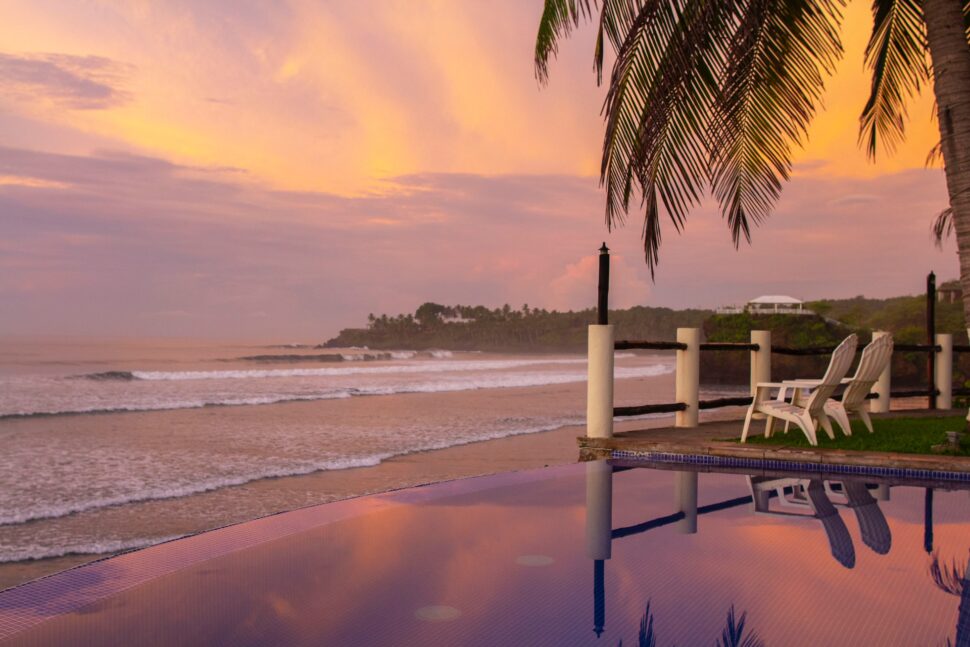
Compared to many other travel destinations, El Salvador tends to be relatively affordable for tourists. Accommodations, food, transportation and activities often come at reasonable prices, making it an attractive option for travelers seeking a cost-effective yet enriching experience. Dr. Hayley Stainton for blog, Tourism Teachershared that breakfast, lunch and dinner can cost between $3-$8 in many places and bus tickets to get around the country are less than a dollar.
6. El Salvador Has One UNESCO World Heritage Site
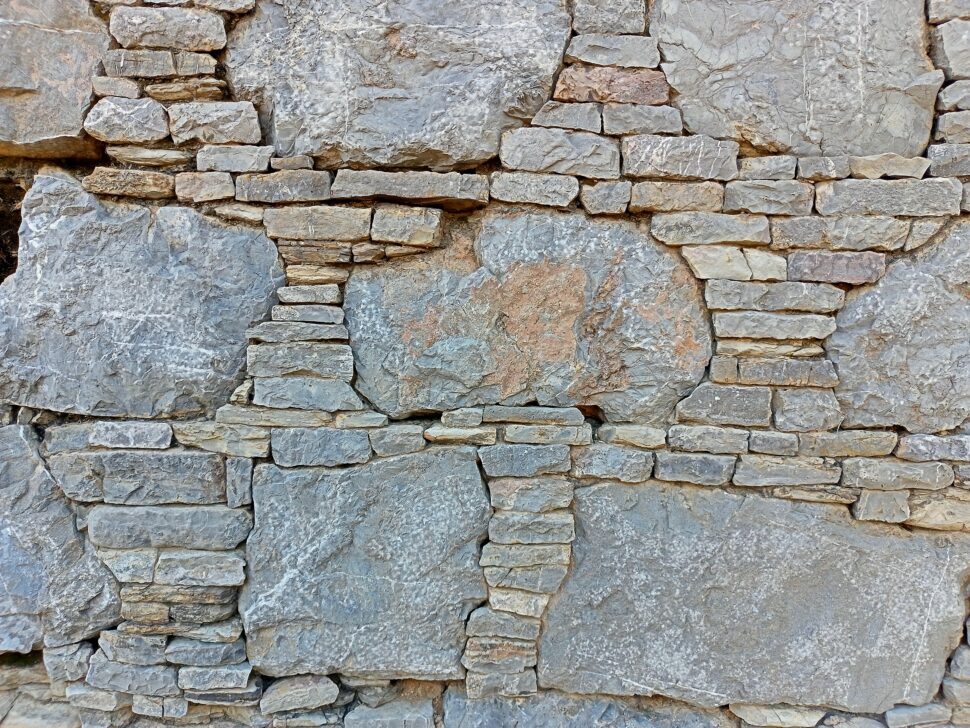
Joya de Cerén Archaeological Site is the only UNESCO World Heritage Site in El Salvador. Often referred to as the “Pompeii of the Americas,” Joya de Cerén preserves an ancient Mayan village that was remarkably well-preserved under layers of volcanic ash for centuries. This archaeological site provides a unique glimpse into the daily lives and activities of the Mayan civilization around 600 AD.
7. The Name “El Salvador” Translates to “The Savior”
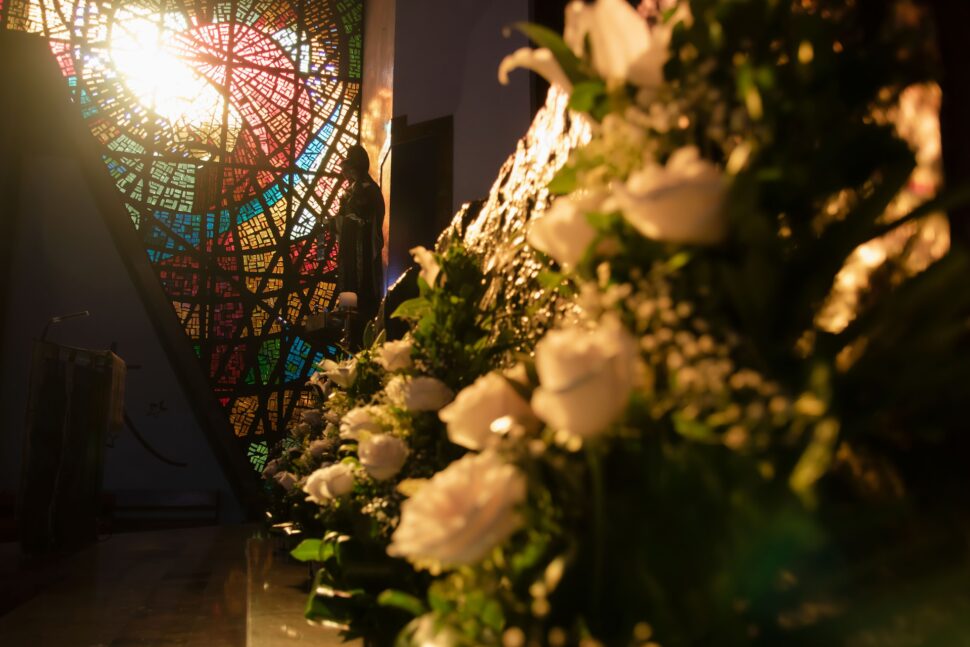
The name “El Salvador” translates to “The Savior” in Spanish, referencing Jesus Christ. The majority of Salvadorans identify as Christians, predominantly Roman Catholic, which has influenced the country’s culture, traditions and religious practices. Ruth for blog, Tanama Tales wrote that modern name for the country was given to it by conquistador, Pedro de Alvarado who in full named it ”Provincia De Nuestro Señor Jesus Cristo, El Salvador Del Mundo.” The name was later shortened to what it is known to be today.
8. There are Several Pyramids in El Salvador
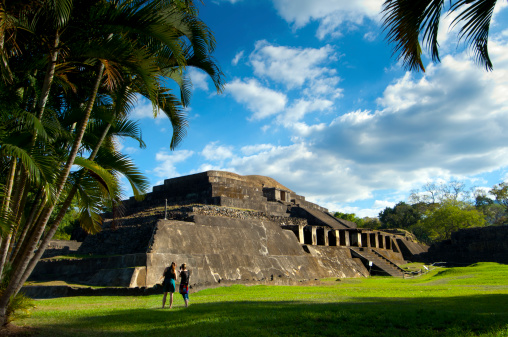
El Salvador is home to several archaeological sites with pyramids and ancient structures built by pre-Columbian civilizations such as the Mayans. Tazumal, located in Chalchuapa, is one of the most prominent archaeological sites featuring pyramidal structures, offering insights into the region’s pre-Hispanic history and civilization.
9. Winter or “Invierno” Is the Name for El Salvador’s Wet Season

In El Salvador, the term “invierno” or winter refers to the wet or rainy season. It typically occurs between May and October. During this period, the country experiences increased rainfall, which nourishes the land but can also lead to occasional flooding in some regions. The country’s climate is pretty temperate year round, so if you hear winter in El Salvador, it is probably in reference to rain.
10. Spanish Is El Salvador’s Official Language, With Its Own Unique Words
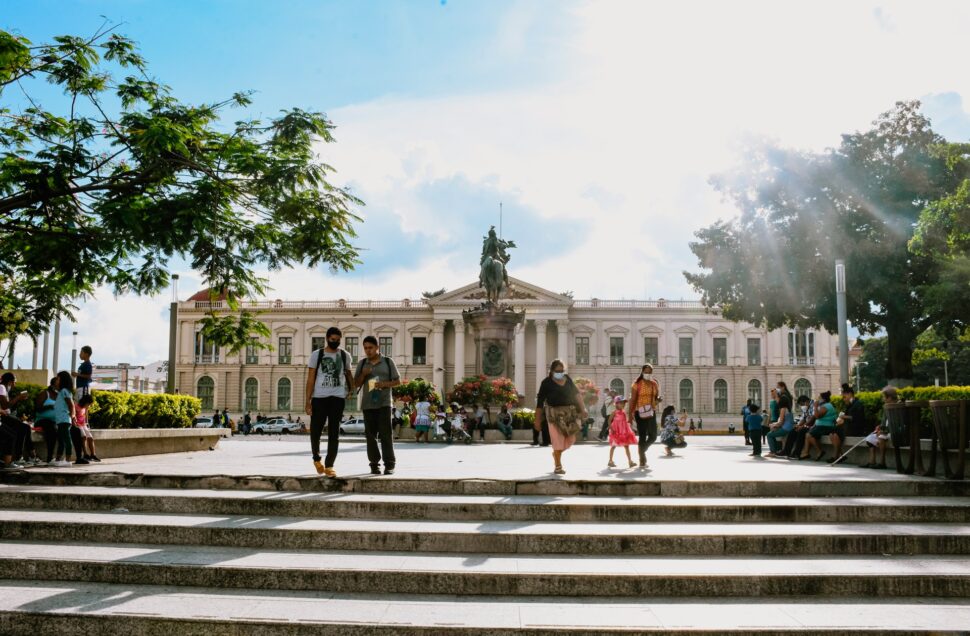
Spanish is the official language of El Salvador, but the country has its own unique words and phrases that are specific to Salvadoran Spanish. These words often reflect the country’s culture, history and influences from indigenous languages like Nahuatl and Pipil. For instance, words like “chivo” (cool or awesome), “pupusa” (a traditional dish) and “guanaco” (a term for Salvadorans) are part of the local dialect, distinguishing it from standard Spanish spoken in other Spanish-speaking countries.
